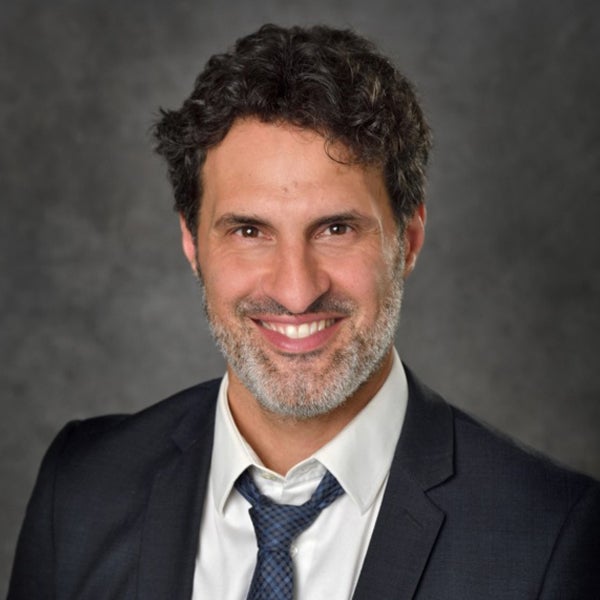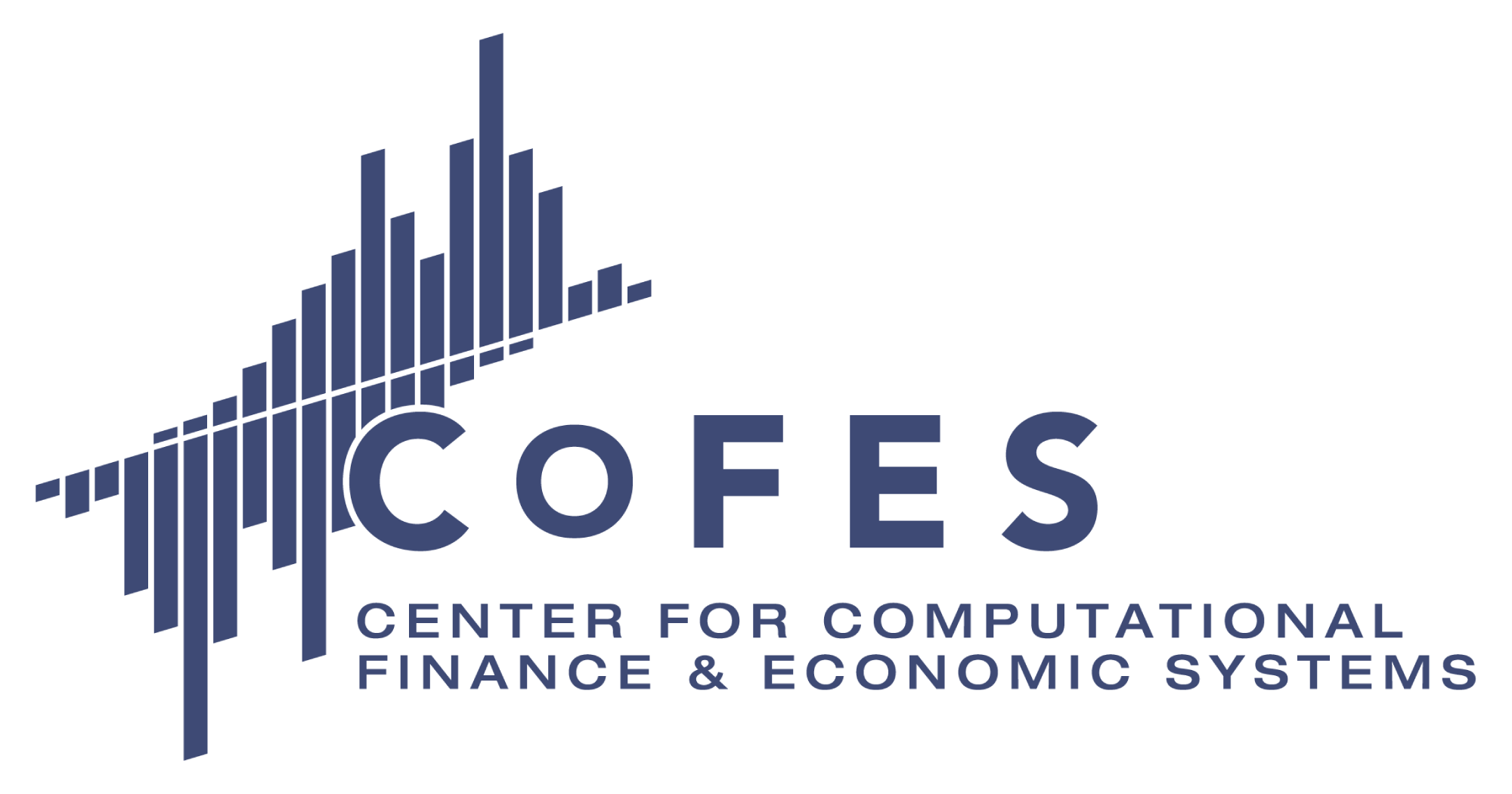
Rice University mathematician and statistician expert Frederi Viens is a big fan of complex systems and the analysis of how components, whether they are small or large, affect each other and the entire system.
The probabilist in him naturally questions certainty and approaches answers by looking beyond what is obvious.
“In today’s world, which is becoming more complex with human and technological progress, there is a need to quantify uncertainty; that’s where probability modeling and Bayesian analysis come in,” explains Viens.
Driven by the belief in broad-based initiatives for sustainable farming practices that benefit the environment and society at large, Viens’ models and methods have provided detailed insight into how mathematical and computational techniques can be used to provide solutions to the future of derivatives and insurance markets, agroecology, and the environment.
For a decade, Viens has applied this systems-level thinking to develop macro- and micro-level models that quantify and predict the benefits of agricultural practices and to evaluate agricultural risk exposure to adverse weather and climate. Working with farmers in the U.S. and in developing nations, he is focusing on practices that benefit soil health and the promise of an ecologically and economically sustainable future.
“The complex system of how countries produce, distribute and consume food has many direct and indirect components with many factors interacting. In the face of climate change and the global need for sustainable farming practices, we need to examine the true cost and value of agriculture by incorporating the costs and benefits of all externalities,” said Viens.
The agricultural production system involves a myriad of positive and negative externalities. For example, nitrogen is a primary nutrient necessary for plant growth, but it is also a primary component of crop fertilizers. When nitrogen is not used by crop plants, it can convert to nitrates, which can harm water bodies from nitrate leaching. This can cause major damage at continental and global scales not only from chemical fertilizer, which is based on fossil fuels, but also in the mismanagement of natural manure, which can negatively impact the environment locally.
The value of positive externalities on the other hand, such as when farming communities work collaboratively to employ healthy soil practices, are systemically undervalued and not included in the cost of our food.
Viens’ research in probability uses a range of methods. He has worked for decades on theoretical aspects involving Malliavin calculus, fractional Brownian motion, and advanced elements of Gaussian processes theory, but it is the application of Gaussian models in agroecological research, using Bayesian analysis, where he expects to see a major practical impact. The goals are to help farmers access better lending opportunities when they practice more sustainable agriculture, and to improve the pricing of futures and crop insurance subsidies to incentivize sustainability.
A major research thrust since 2018 has been laying the groundwork for meaningful financial incentives for farmers who use healthy soil practices. Efforts have involved the nonprofit soil advocacy group Land Core and collaborators that include data scientists and statisticians from Michigan State and the University of California at Berkeley, agricultural economists from University of Arkansas, and an advisory board of soil scientists and other agroecologists from Colorado State, Stanford and the University of California Davis.
Working collaboratively with scientists and industry professionals, Viens is developing several semiparametric modeling frameworks to price multivariate financial derivatives. Recent probabilistic approaches have examined pricing basket options with multiple underling assets.
“A basket call option gives the owner the right, but not the obligation, to receive the difference between a weighted sum of two or more assets and a fixed strike price at the maturity of the option,” explains Viens. “This constitutes a tool for commodities transformation industries, like oil refineries, to hedge their operational risk. It also allows speculators to hedge against multiple price risks simultaneously.”
In agricultural markets, a soy crush spread option covers the price risk for the food processor who buys soybeans and sells soybean oil and soybean meal.
In recent years, inflation, extreme weather events, supply chain disruptions, high-input costs and the war in Ukraine have pushed corn and soybean raw commodity prices above historic trends. Food processors on the right side of a soy crush spread early enough would be well protected against some of this price uncertainty.
But the margins in the corresponding hedging strategies are small and so sensitive to parameter misspecification, that the mathematics of how to price options on spreads and other baskets is surprisingly delicate. This is a topic of current computational interest in quantitative finance. Viens is investigating several angles in this direction with doctoral students at Rice and other collaborators.
Viens has authored or co-authored more than 90 refereed journal publications and has served as a reviewer and editor for many journals in diverse disciplines. His research has been supported by numerous grants from the National Science Foundation, the Office of Naval Research, the U.S. Department of Agriculture/National Institute of Food and Agriculture, the Foundation for Food and Agriculture Research, the Government of Chile, and the British Academy.
Viens is a fellow of the Institute of Mathematical Statistics (IMS) and served as a Franklin Fellow for the U.S. Department of State. He worked as a program director for the Division of Mathematical Sciences at the National Science Foundation, and as a co-chair of the Mathematics and Statistics Evaluation Group for Canada’s National Science and Engineering Research Council. He is the long-term moderator of the Seminar on Stochastic Processes, an annual conference hosted for 43 years.
- Shawn Hutchins, Communications and Marketing Specialist

